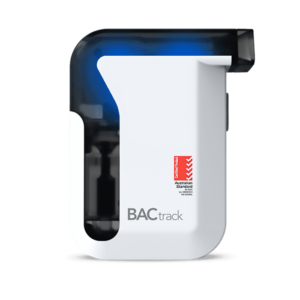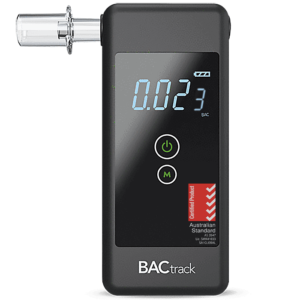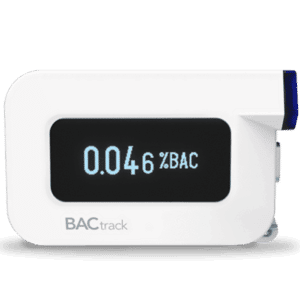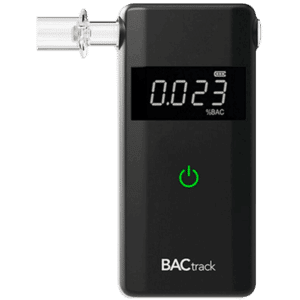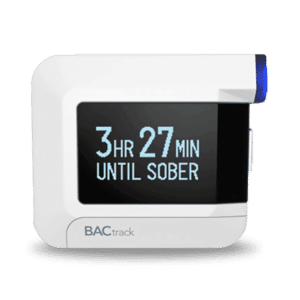Pre Employment Drug Screen: The Need to Know
27 March, 2024

A pre-employment drug screen is a standard procedure for many companies before hiring new employees. This process involves testing potential employees for the presence of drugs in their system through various methods. The common types of pre-employment drug tests are urine, saliva, and hair testing. This can trace substances for varying periods that may indicate recent use or potential substance abuse. Passing the test is essential for getting the job, while a failed test may result in ineligibility.
Drug and alcohol abuse are some of the safety concerns of many workplaces. They are the leading causes of accidents, decreased productivity, and increased absenteeism. This is why many employers implement drug and alcohol testing programs to manage the associated safety risks. Screening job candidates is one of the cost-effective ways. This article will provide an overview of the pre-employment drug testing process, types of screening methods, and the legal implications involved.
What is a Pre-Employment Drug Screening?
Pre-employment drug screening is a critical step in the hiring process for many companies. Employers typically require candidates to undergo a drug test before finalising a job offer. This procedure involves testing prospective employees for illegal drugs and alcohol in their system. In addition, the screening is usually conducted as a condition of employment and as a means to ensure a safe and productive work environment.
Not all companies implement this test. However, pre-employment drug testing is an essential requirement in safety-sensitive industries. This includes the mining, construction, aviation, and transport sectors, as they often involve operating heavy machinery and vehicles. Impairment among employees may also risk public safety. Thus, ensuring sober and fit employees is crucial to avoid accidents.
It is crucial for organisations to create comprehensive drug testing policies to ensure consistency and fairness in the screening process. This includes specifying the types of drugs that will be tested for and the consequences of failing a test. It also enables employers to comply with relevant laws and regulations governing workplace drug testing.
Importance of Testing
- Testing potential employees can identify those with substance use disorders and avoid hiring those who may be at risk of putting themselves or others in danger.
- Aid employers in making informed decisions on hiring the most suitable candidate, especially for safety-sensitive positions.
- Help maintain a safe work environment and reduce the risks of accidents and injuries.
- Promote a drug-free workplace culture and discourage potential or current employees from engaging in substance abuse.
- Help reduce turnover and absenteeism rates.
- Help reduce employee healthcare costs and compensation claims due to alcohol and drug usage.
- Avoid potential liabilities due to drug-related accidents.

Types of Pre-Employment Drug Screening
Pre-employment drug screens utilise several testing types. One common method is urine tests. This type of drug test involves collecting urine samples and analysing them for the presence of illicit drugs. It is a preferred method by many employers because it can identify a wide range of substances for extended periods of up to 48 hours or more.
Another type is the saliva or oral fluid testing. Saliva testing is becoming more popular as it is less invasive than urine or blood tests. It involves obtaining a saliva sample by swabbing the inside of the mouth. Moreover, it has a detection window of 24 to 48 hours after consumption, making it suitable for determining recent drug use.
Additionally, a hair follicle drug test is also a valuable type of drug screening for pre-employment. This method involves cutting a small sample of hair from the head or body and testing it for alcohol and drug metabolites. A hair test has a longer detection window of up to 90 days, making it useful for identifying long-term drug use or history.
Common Types of Drugs Detected
The common types of drugs included in the screening are marijuana, cocaine, amphetamines, methamphetamines, and phencyclidine (PCP). These substances are frequently screened for due to their prevalence and potential impairment effects on job performance and behaviour of employees. Employers may also test for certain prescription medications like opioids and benzodiazepines.
Many pre-employment tests also include alcohol in their screening process, as it is one of the most widely abused substances and can impair judgment and motor skills. It is important for applicants to know the prohibited substances in order to be prepared for the screening process.

Legal Implications of Pre-Employment Drug Screening
Although workplace drug testing is a common practice in many companies, there are legal considerations that employers need to take into account. From a legal perspective, there are several important implications when implementing pre-employment drug screening. Firstly, companies must be aware of and adhere to the relevant state and federal laws governing drug testing.
Secondly, it is crucial for organisations to have a clear workplace policy regarding drug testing. These policies should outline the circumstances of conducting a drug test and the consequences of a positive result. The policies should be fair and consistent to all job applicants. This means that all individuals applying for a particular position should undergo the same drug screening process to avoid any discrimination claims.
Furthermore, companies should ensure that candidates are fully informed about the testing process, requirements, and their rights. One of the standard procedures is to obtain consent from job applicants before conducting any drug test. Lastly, employers must also protect the privacy rights of prospective employees. Noncompliance with these laws may risk legal issues.
Can a Potential Employee Refuse a Test?
Potential employees generally have the right to refuse a pre-employment drug test. If an applicant has not yet been given a collection container or device, they can withdraw from the hiring process without being considered a test refusal. However, this may also result in the rescission of the job offer.
The conditions for employment are ultimately up to the employer. It is important that companies follow the standard protocols if drug testing is a requirement to avoid any discrimination in employee selection. Thus, employers must clearly communicate the hiring conditions to avoid misunderstandings or legal issues.
Conclusion
Pre-employment drug screening is a common practice in many companies to maintain workplace safety. It is a requirement in high-risk environments, including mining, construction, and transportation industries. The procedure involves testing prospective employees for the presence of illicit substances in their system. It aims to determine individuals who may pose a risk to themselves or others due to drug use. Additionally, passing the drug test is contingent on job eligibility.
It is also crucial for employers to understand the legal implications of drug testing and follow proper procedures. Before implementing the test, there should be clear policies outlining the purpose and process of the drug screen. These policies should be fair and consistent to all. Furthermore, employers should communicate the need for testing before hiring and obtain consent from job applicants. Overall, pre-employment testing is the initial step to securing a safe and healthy work environment.


















